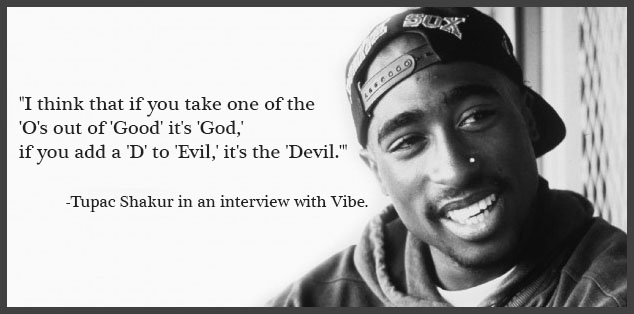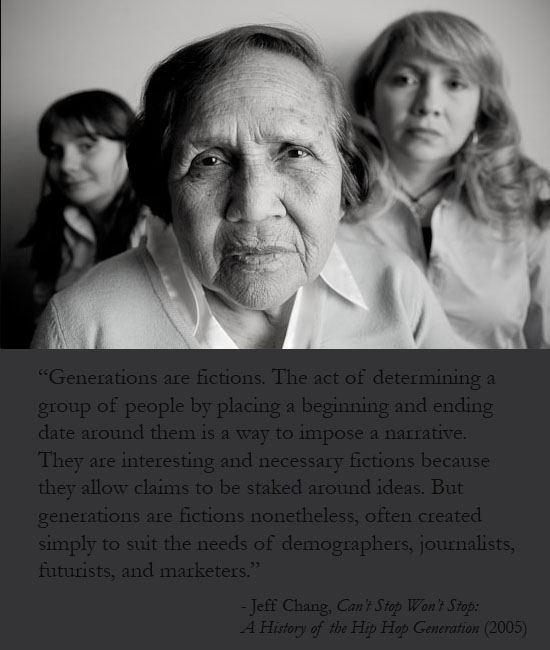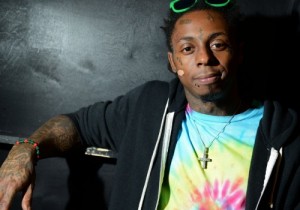 Monica Miller was recently featured on the front page of The Morning Call in an interview discussing whether it is okay to use the N-Word and its implications for various groups. See what she says in the interview here.
Monica Miller was recently featured on the front page of The Morning Call in an interview discussing whether it is okay to use the N-Word and its implications for various groups. See what she says in the interview here.

A Peer Reviewed Blog
 Monica Miller was recently featured on the front page of The Morning Call in an interview discussing whether it is okay to use the N-Word and its implications for various groups. See what she says in the interview here.
Monica Miller was recently featured on the front page of The Morning Call in an interview discussing whether it is okay to use the N-Word and its implications for various groups. See what she says in the interview here.
 Read more.
Read more.
 Listen to a clip of the interview here.
Listen to a clip of the interview here.

Read more.
“On the Spot” backs members of Culture on the Edge into a corner to talk about their backgrounds, their ongoing work, and what might be gained by an alternative understanding of how identity works.
 Q: Identity and identification are words the members of Culture on the Edge are using to stand in for two different, and likely opposed, scholarly approaches to the study of who we see ourselves and others as being; whereas the first presumes a stable inner quality or sentiment only later projected outward into the public world, the latter starts with a series of public practices and social situations that are eventually interiorized. In your own research specialty – Hip Hop culture and rap music in particular, but also the wider field of the study of African American religion — can you illustrate the difference between these two approaches? Continue reading “On the Spot with Monica Miller”
Q: Identity and identification are words the members of Culture on the Edge are using to stand in for two different, and likely opposed, scholarly approaches to the study of who we see ourselves and others as being; whereas the first presumes a stable inner quality or sentiment only later projected outward into the public world, the latter starts with a series of public practices and social situations that are eventually interiorized. In your own research specialty – Hip Hop culture and rap music in particular, but also the wider field of the study of African American religion — can you illustrate the difference between these two approaches? Continue reading “On the Spot with Monica Miller”
 What’s in a name? Well apparently a whole lot according to one judge in Eastern, Tennessee, Child Support Magistrate Lu Ann Ballew, who not too long ago, ruled (while the parents were in court for not being able to agree on the child’s last name) that a 7-month old baby boy named Messiah, name be changed to “Martin,” arguing that only one person is deserving of such a name and “that one person is Jesus Christ.” The mother of the child, Jaleesa Martin, is appealing the decision. Continue reading ““And You Shall Call His Name Jesus””
What’s in a name? Well apparently a whole lot according to one judge in Eastern, Tennessee, Child Support Magistrate Lu Ann Ballew, who not too long ago, ruled (while the parents were in court for not being able to agree on the child’s last name) that a 7-month old baby boy named Messiah, name be changed to “Martin,” arguing that only one person is deserving of such a name and “that one person is Jesus Christ.” The mother of the child, Jaleesa Martin, is appealing the decision. Continue reading ““And You Shall Call His Name Jesus””
 A recent news story has many, especially those in academia, buzzing and debating. Some of the (sensationalist) headlines read:
A recent news story has many, especially those in academia, buzzing and debating. Some of the (sensationalist) headlines read:
2) “University Prof Keeps Job After Newspaper Reveals Shocking Secret”
The first sentence of the first story included just the right recipe of words for juxtaposing St. James’s identity over and against his past and present, it reads, “…connected the dots between the 61-year-old’s peaceful life as an academic and his violent past as Jim Wolcott, known murderer.” A journalist from the Georgetown Advocate even had the opportunity to sit down with the St. James, at a bar, and interview him. Continue reading “Getting Away With Murder”
 In her latest post on BET News, Monica Miller discusses the timeliness of the release of Lil’ Wayne’s “God Bless Amerika” with the ruling of the Zimmerman trial. Miller notes how “Amerika” addresses ideas of nationalism, religion, and race that were prevalent during and after the trial and acquittal of George Zimmerman. To learn more about what she has to say, read her post here.
In her latest post on BET News, Monica Miller discusses the timeliness of the release of Lil’ Wayne’s “God Bless Amerika” with the ruling of the Zimmerman trial. Miller notes how “Amerika” addresses ideas of nationalism, religion, and race that were prevalent during and after the trial and acquittal of George Zimmerman. To learn more about what she has to say, read her post here.

10. Understanding the system of ideology that operates in one’s own society is made difficult by two factors: (i) one’s consciousness is itself a product of that system, and (ii) the system’s very success renders its operations invisible, since one is so consistently immersed in and bombarded by its products that one comes to mistake them (and the apparatus through which they are produced and disseminated) for nothing other than “nature.” – Bruce Lincoln, “Theses on Method” Continue reading “In Our Heart of Hearts”
 Code switching is often used to reference the actions (usually linguistic variations) of a particular person/group that is assumed to break from their own “natural” practices to perform codes “not their own” for the purposes of fitting in, acquiring capital, and accessing spaces thought to perceive the “native” practices of the switcher as illegitimate or illegible. This switching, or shifting as some call it, is often painted with a stroke of fluidity and described to take know-how, precision, performance and rehearsal. While the durability or recapitulations of code switching may come to be seen as natural over time, where it’s no longer recognized or described as a switch, it’s often thought to be something that is and can be [consciously] turned off and on like a light switch by the social actor. Continue reading “Whose Switch is a Switch?”
Code switching is often used to reference the actions (usually linguistic variations) of a particular person/group that is assumed to break from their own “natural” practices to perform codes “not their own” for the purposes of fitting in, acquiring capital, and accessing spaces thought to perceive the “native” practices of the switcher as illegitimate or illegible. This switching, or shifting as some call it, is often painted with a stroke of fluidity and described to take know-how, precision, performance and rehearsal. While the durability or recapitulations of code switching may come to be seen as natural over time, where it’s no longer recognized or described as a switch, it’s often thought to be something that is and can be [consciously] turned off and on like a light switch by the social actor. Continue reading “Whose Switch is a Switch?”